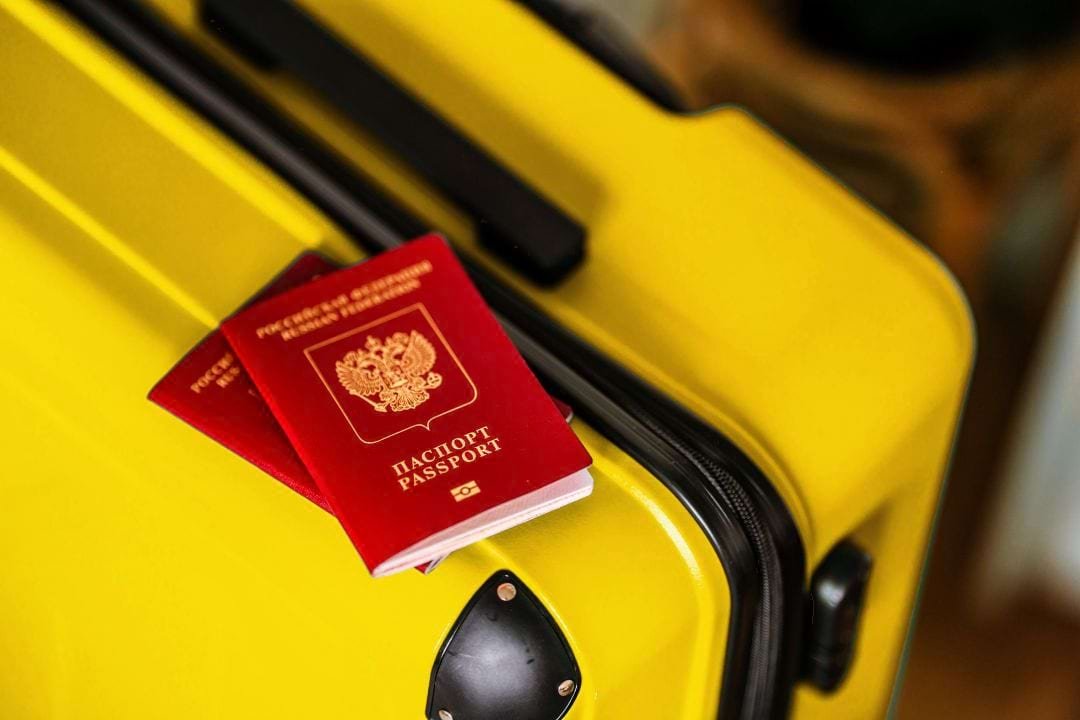The new regulation under which limits are placed on Russian travel documents was officially adopted on August 16, 2023, according to a statement made by the Federal Council of Switzerland, according to EU Helpers.
"Persons from the breakaway regions of Georgia and the Ukrainian territories occupied by Russia are not eligible to apply for a Schengen visa or travel across external Schengen borders with Russian-issued travel documents. This regulation was approved by the Federal Council at its meeting on August 16, 2023, according to the Federal Council's statement.
The Federal Council also emphasized that Russian government-issued ordinary and diplomatic passports, return certificates, seafarers' identity cards, and residence permits for stateless people are not recognized.
In relation to Ukraine, the Federal Council emphasized that several dates of issuance, after which the documents will no longer be acknowledged, have been determined, depending on the areas.
Regarding Georgia, the Swiss Federal Council declared that all travel documents provided by Russia to citizens of the secessionist Georgian territories of Abkhazia and South Ossetia after August 26, 2008, will not be recognized for a Schengen visa.
"Russia proclaimed that it recognized Abkhazia and South Ossetia as separate states in August 2008. Few governments have done this, and Switzerland views these areas as essential components of Georgia, the Federal Council stated in a statement explaining its choice.
However, the same emphasized that despite the limitations, the nation will continue to grant visas to citizens of Russian-occupied territories in Ukraine and Georgia for specific objectives, including humanitarian ones.
The Council of the European Union decided in December of last year not to recognize Russian documents printed in Russian-occupied areas of Ukraine or breakaway portions of Georgia.
The EU Council declared at the time that the EU member states do not currently recognize or are in the process of not recognizing Russian travel documents issued in these areas.
"This decision aims to set out a common approach, ensure the proper functioning of the external border and common visa policies and safeguard the security of EU member states," the EU Council emphasized in December 2022.
Several nations chose to stop accepting travel documents provided by Russia shortly after the EU Council adopted this resolution.

